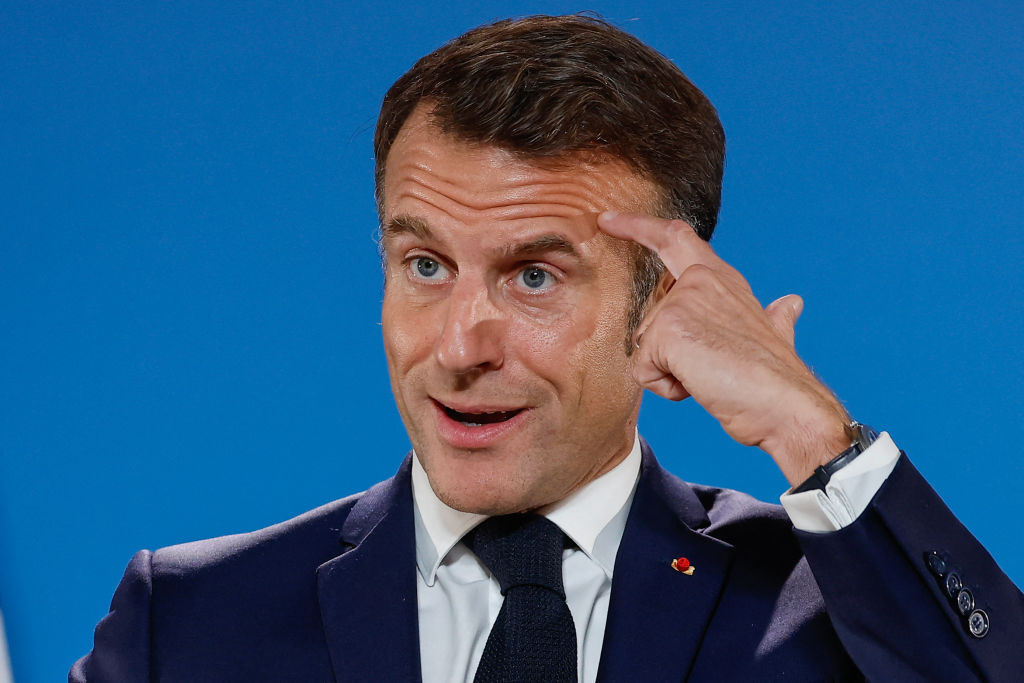France’s fiscal problems just keep mounting. The European Commission estimates the country’s public debt, which was 110.6% of GDP in 2023, will rise to 112.4% this year and 113.8% in 2025. Earlier this month, Prime Minister Michel Barnier announced austerity plans to limit the ballooning deficit. But is France actually on the path back to solvency?
The budget deficit for 2024 has turned out to be far bigger than previously disclosed. It looks like the French voting public and numerous institutions, including the European Commission, were misled about the dire state of the country’s finances. This has led to the launch of a parliamentary inquiry that will investigate who knew what, and when — and who chose to sweep bad news under the rug. Legal charges may follow.
Barnier’s government has chosen to deal with France’s budget blowout by raising taxes further. Announcements of spending cuts and a tightening of the public purse strings is dishonest. With 41 ministers on the payroll, Barnier has actually managed to increase the government’s footprint, at least in popular opinion, and raise spending by roughly 2%.
France is already the most taxed economy in the OECD and is fast sliding down on the wrong side of the Laffer curve. It therefore seems likely that, instead of increasing revenues, more tax hikes will reduce investment, trigger a further exodus of capital, and eventually lead to weaker revenues. Barnier also lacks a parliamentary majority, and to stay in Matignon he must rely on the Right-wing Rassemblement National (RN) not voting against him in the National Assembly.
But it is not clear that the RN, a party that draws its support from small businesspeople, shopkeepers and tradesmen, will vote for a tax-hiking budget. And if the RN joins the far-Left in voting against Barnier, then the government falls and the budget does not pass parliament.
At that point, as specified by the constitution, the previous year’s budget — the last one that was voted through — is reinstated by default. But this is where the problem lies: the 2024 budget was already irresponsible, with a deficit that will likely end up being roughly twice the 3% of GDP limit set by the European Union. Clearly, the European Commission would not allow a second blowout year in a row.
President Emmanuel Macron may have to manage an open conflict with Brussels, dramatically cut back on spending and risk seeing far-Left protesters take to the streets. Or he might be forced to resign in disgrace having seen his dissolution gambit fail and his management of France’s finances left in disarray.
In short, the RN has the opportunity to give Macron a massive black eye, and potentially even trigger a crisis that could end with Macron’s ouster. At the very least, it may irretrievably discredit him in the eyes of the Commission, French voters, and history.
This is an edited version of an article originally published in the Gavekal newsletter.











Join the discussion
Join like minded readers that support our journalism by becoming a paid subscriber
To join the discussion in the comments, become a paid subscriber.
Join like minded readers that support our journalism, read unlimited articles and enjoy other subscriber-only benefits.
Subscribe